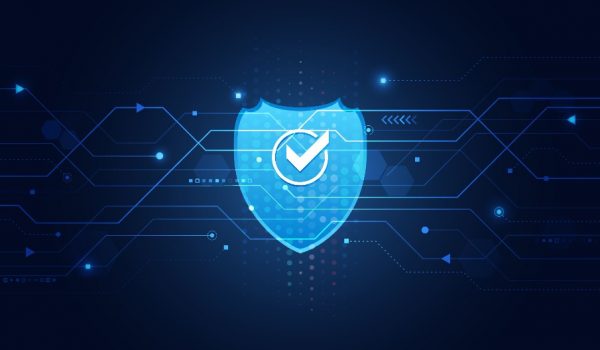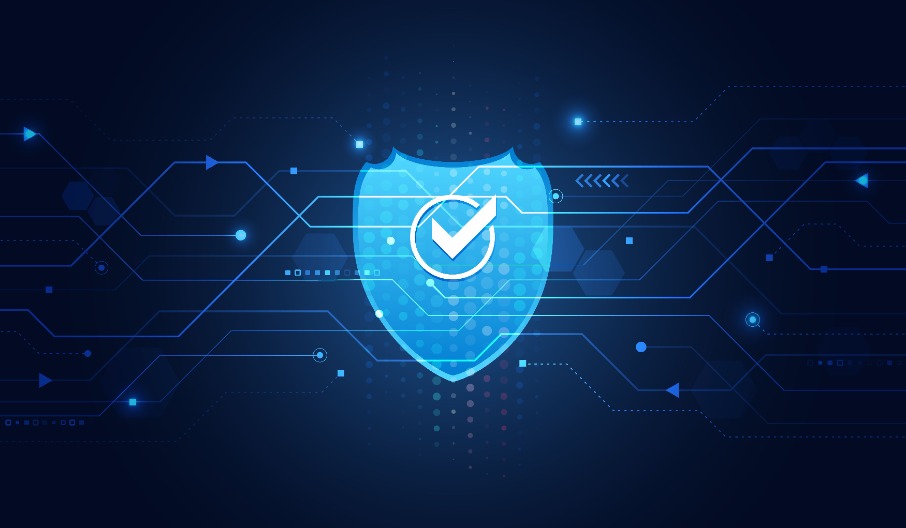How To Protect Your DNA Data
Aira
on
November 9, 2022
How To Protect Your DNA Data

There are tons of DNA test sites that allow you to upload your DNA to generate more information based on your genetic makeup.
Your DNA is incredibly sensitive, and understanding how these DNA sequencing tools store and use your information is extremely important.
Here are some steps you can take to better protect your DNA data and prevent your information from being stolen.
1. First, go for DNA companies that you can truly trust.
Do your own research and take a look at the company’s privacy policy before uploading your data.
Are they going to sell or share your information with other organizations? Who has access to your data? Do they have a history of any data breaches or of sharing customers’ information without their consent?
Knowing the answers to these questions can help you make an informed decision.
It’s also critical to know how these services might utilize your DNA data. Law enforcement may use consumer genetic databases for police investigations, particularly those that offer free genetic testing.
A few years ago, Gedmatch, a free genetic service, granted law enforcement officers access to user details to assist in police operations.
Additionally, it is essential to learn how to keep your DNA data from unauthorized access or from being shared with others without your permission.
A few DNA testing providers, such as GedMatch, Veritas Genetics, and MyHeritage, have had security breaches in the past.
2. Next, delete your DNA from your computer after uploading it.
Deleting your DNA file from your device will reduce the risk of people getting access to your information in case they get access to your personal device.
Now, there’s no need to worry about completely losing your raw data because you can always download it from the site where you took your DNA test from.

Got your 23andMe DNA test? Learn more about how you can upload your DNA to get additional insights into your health and wellness.
3. Install an antivirus software on your PC
It’s important to install an antivirus software if you’re at risk of opening dangerous links or if you share a computer with several people in your household.
4. Ensure your computer software is up to date.
Operating systems for phones and computers, web browsers, and popular apps are being updated on a regular basis with new features and security enhancements.
These security updates are often significantly more effective than antivirus software at deterring hackers.
5. Lastly, go for stronger password combinations.
Avoid patterns and combinations that are very easy to crack. Be more creative and come up with a password that’s difficult to guess. This can help you keep your accounts protected and secure.
Also, it is important that you do not use the same password in all your accounts and devices. This can help prevent further complications in case one of these passwords gets compromised.
Finally, because security and privacy are intertwined, you must develop the practice of safeguarding both. It may appear to be a time-consuming and difficult task, but once you’ve completed these steps, all that’s left is to hone your judgment and develop excellent internet habits.

LifeDNA Protects Your Genetic Information
At LifeDNA, we are committed to protecting your genetic information. We make sure that your personal information is private and protected at all times.
Furthermore, we’ve never had a security breach in our database, and we evaluate our security procedures on a regular basis to ensure that your genetic data remains safe.
Ready to upload your DNA and unlock additional information on your health and wellness? Check out our report bundle offers today.
*Understanding your genetics can offer valuable insights into your well-being, but it is not deterministic. Your traits can be influenced by the complex interplay involving nature, lifestyle, family history, and others.
Our reports have not been evaluated by the Food and Drug Administration. The contents on our website and our reports are for informational purposes only, and are not intended to diagnose any medical condition, replace the advice of a healthcare professional, or provide any medical advice, diagnosis, or treatment. Consult with a healthcare professional before making any major lifestyle changes or if you have any other concerns about your results. The testimonials featured may have used more than one LifeDNA or LifeDNA vendors’ product or reports.



